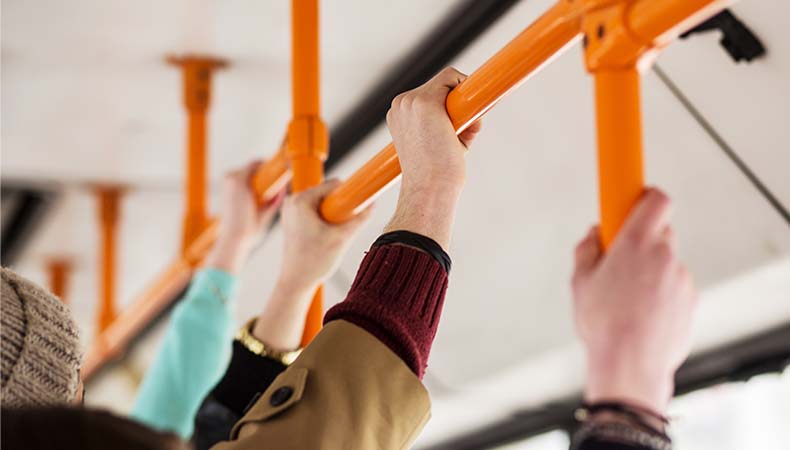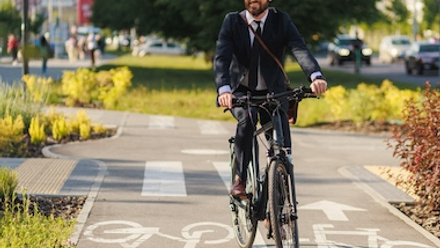Brits want out of the daily commute and would take a pay cut to escape it
For years, the daily commute has been treated as an unavoidable part of working life. But for many UK employees, the journey to work has become one of the biggest sources of stress and dissatisfaction - to the point where more than a third would even take a pay cut just to shorten it.
This is a clear signal that the traditional commuting model is no longer fit for purpose. With hybrid working reshaping expectations around work-life balance, employees are increasingly unwilling to accept wasted time, rising costs, and the toll commuting takes on their wellbeing.
The true cost of the commute
Seven out of ten (71%) of UK workers have complaints about their commute, with the most common frustration being that it simply takes too long (42%), according to BHN research. Cost is the second biggest concern (28%), followed by overcrowding, delays and bad commuter behaviour. For Londoners, where the average monthly spend is £192, these issues are even more acute.
It’s not surprising then that 3.84 million people in London alone say they’d accept lower pay in exchange for a shorter journey to work. Nationwide, 34% of workers would make the same trade-off, rising to 40% among younger employees.
Cycling as the antidote
One of the most striking findings from the research is how positively employees view cycling as an alternative. More than half (52%) believe it would save them money, while 55% link it to better physical health and 37% see clear mental health benefits.
In fact, those who already cycle are far more likely to enjoy their commute: 40% of cyclists say they “love” their journey, compared with just 23% overall.
And yet, uptake is falling. Only 25% of workers currently cycle to work, down from 32% last year. The barriers are familiar: distance, safety concerns, poor weather, and lack of access to a bike. There are also cultural perceptions to tackle - one in five still believes you need to be “super fit” to cycle, even though this myth is starting to fade.
This is where e-bikes could play a transformative role. By removing the barriers of distance and fitness, they open the door to more people considering cycling as a realistic option. But awareness remains limited: 58% of employees say they’ve never considered using one.
What employers can do
Employers have a huge opportunity to make a difference. Our research shows that 44% of workers would be encouraged to cycle if they had access to an e-bike through their employer, while others want practical support such as cycling gear, equipment, or flexible hours to fit active travel into their day.
These are not radical asks. They are straightforward, tangible ways to help employees reclaim time, cut costs, and improve their wellbeing. And the benefits are mutual: healthier, happier staff are also more engaged, more productive, and more likely to stay.
A shift we can’t ignore
The message is clear: commuting is no longer just about logistics. It’s about wellbeing, money, time and, ultimately, job satisfaction. Workers are telling us that the status quo isn’t working, and they’re willing to make personal sacrifices to change it.
Employers who ignore this risk disengagement and attrition. But those who embrace more flexible, supportive commuting solutions have the chance to position themselves as truly employee centred.
The daily commute has long been seen as an unavoidable grind. Now, employees are demanding something different - and it’s time for employers to listen.
Interested to find out more about Cyclescheme and our benefits, contact BHN.
Supplied by REBA Associate Member, BHN Extras
Comprehensive employee benefits & perks to support workforce engagement.








